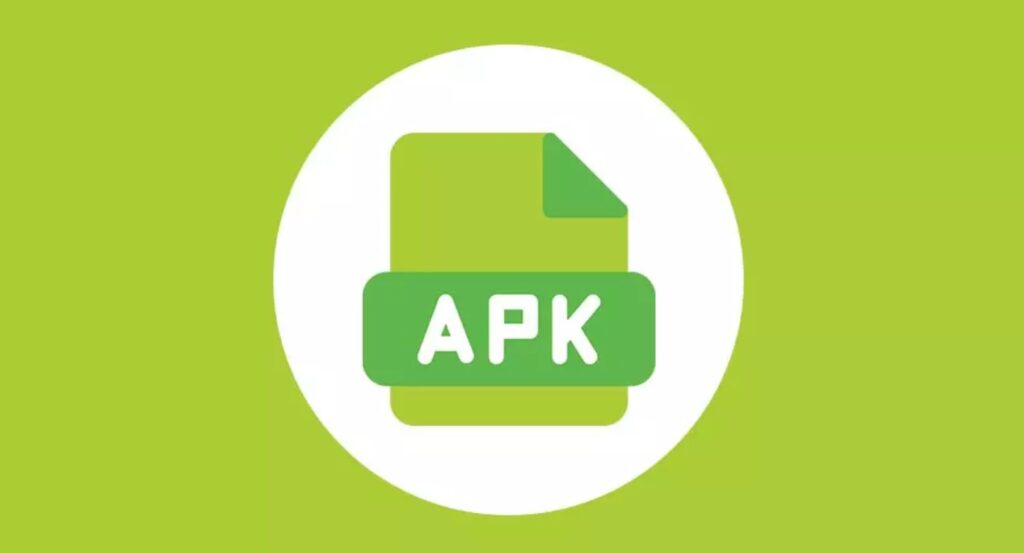Google to Ban Installation of Unverified APKs on Android Devices Starting 2026
In recent years, online fraud, scams, and hacking incidents have become one of the biggest financial threats faced by people worldwide. Android devices, due to their open-source nature, have often been the primary targets. Now, Google has confirmed one of its most controversial policy shifts yet.
Starting in 2026, Google will gradually ban the installation of APK apps that are not verified under its new developer identity system on most Android devices running Google services.
Under this policy, even developers who choose to distribute apps outside the Google Play Store must first verify their identity via the new Android Developer Console. App package names and signing keys will need to be registered in advance, otherwise, the system will reject the installation.
This move, set to begin early testing in October 2025, will officially roll out with the verification platform in March 2026. The first wave of mandatory enforcement will start in Brazil, Indonesia, Singapore, and Thailand by September 2026, before expanding to more regions in 2027.
Google compares the process to an “airport identity check,” aiming to block malicious apps at their entry point. According to official data, apps installed from outside the Play Store are over 50 times more likely to contain malware than those downloaded directly from Google Play.
The scope of this policy covers all “Certified Android” devices (those preloaded with Google Play services). Only a few exceptions, such as open-source Android builds and Huawei devices without Google frameworks, remain unaffected.
The decision has already sparked heated debate. Supporters argue that restricting sideloading will dramatically reduce malware distribution, protect user privacy, and secure financial data, especially in markets plagued by fake banking apps and ransomware.
On the other hand, critics claim this could erode Android’s long-standing freedom of app installation, undermining third-party app stores and independent developers who rely on APK distribution. Platforms like Huawei AppGallery may also face accessibility challenges among global Android users. Popular unofficial APKs such as YouTube Vanced are essentially declared obsolete, unless users are willing to take risks through exploits.
This shift marks a turning point for Android—once the champion of openness, now moving closer to Apple’s closed iOS model. While it strengthens security, it also raises critical questions: Will Android lose its identity as a more open platform? Could this policy suffocate innovation from indie developers, or is it simply the necessary price to protect billions of users from cybercrime?
via 9to5google





